A Master of Science in nursing (MSN) degree prepares students for advanced career opportunities in healthcare, nursing, and education. Licensed registered nurses (RNs) and undergraduates with a Bachelor of Science in nursing (BSN) can take the next step in their careers as nurse educators or nurse practitioners, including family nurse practitioners (FNPs).
Completing an MSN program takes one and a half to three years, depending on your area of study and whether you enroll in a full-time or part-time program. For example, the BSN to MSN track requires 30 to 40 credits, and up to 84 credits are necessary for an RN to MSN degree track.
The average salary for a nurse educator is $84,380, and $128,490 for a nurse practitioner. In 2022, yearly tuition averaged $20,513. Tuition and fees vary between public, private, and online institutions.
Why Trust Us
The Intelligent.com Higher Education Team is dedicated to providing students with independent, equitable school and program rankings and well-researched resources. Our expert-driven articles cover topics related to online colleges and programs, paying for school, and career outlooks. We use data from the U.S. Department of Education’s College Scorecard, the National Center for Education Statistics, and other reputable educational and professional organizations. Our academic advisory team reviews content and verifies accuracy throughout the year for the most current information. Partnerships do not influence rankings or editorial decisions.
- Analyzed over 2,000 national, accredited, and nonprofit colleges and universities
- 800+ rankings pages are reviewed and updated yearly
- Content is informed by reputable sources, surveys, and interviews with academic advisors and other experts
- Over 100 data points are reviewed for accuracy and quality throughout the year, including sources
How we rank schools
Our list features the best Science in Nursing (MSN) degree programs at top colleges nationwide. Each school featured is a nonprofit, accredited institution — either public or private — with a high standard of academic quality for post-secondary institutions.
We evaluated each school’s program on tuition costs, admission, retention and graduation rates, faculty, reputation, and the student resources provided for online students. We collected data from trusted sources like the National Center for Education Statistics, individual school and program websites, school admissions counselors, and other data sources. Then, we calculated the Intelligent Score on a scale of 0 to 100 based on the following criterion:
Academic Quality:
- Admission rate versus enrollment rate
- Retention rate of students who return after year one
- Accreditation status (regional and programmatic)
- Nonprofit status, both private and public institutions
Graduation Rate
- Overall graduation rate
- Total number of currently enrolled students, including diversity metrics
- Student-to-faculty ratio
Cost and ROI
- In-state and out-of-state per-credit tuition rates and fees
- Required credits to graduate
- Earning potential after graduation
- Availability of federal student loans, scholarships, and other financial aid options
Student Resources
- Available student services for online-only and hybrid programs
- On-campus amenities like tutoring centers and the number of libraries
Read more about our ranking methodology.
Best 38 Accredited Master of Science in Nursing Degree Programs
FiltersInstitution Type
Status
- Intelligent Score
- Alphabetically By University Name
- Acceptance Rate
- Enrollment
- In-state Graduate Tuition
- Out-of-state Graduate Tuition
- In-state Undergraduate Tuition
- Out-of-state Undergraduate Tuition
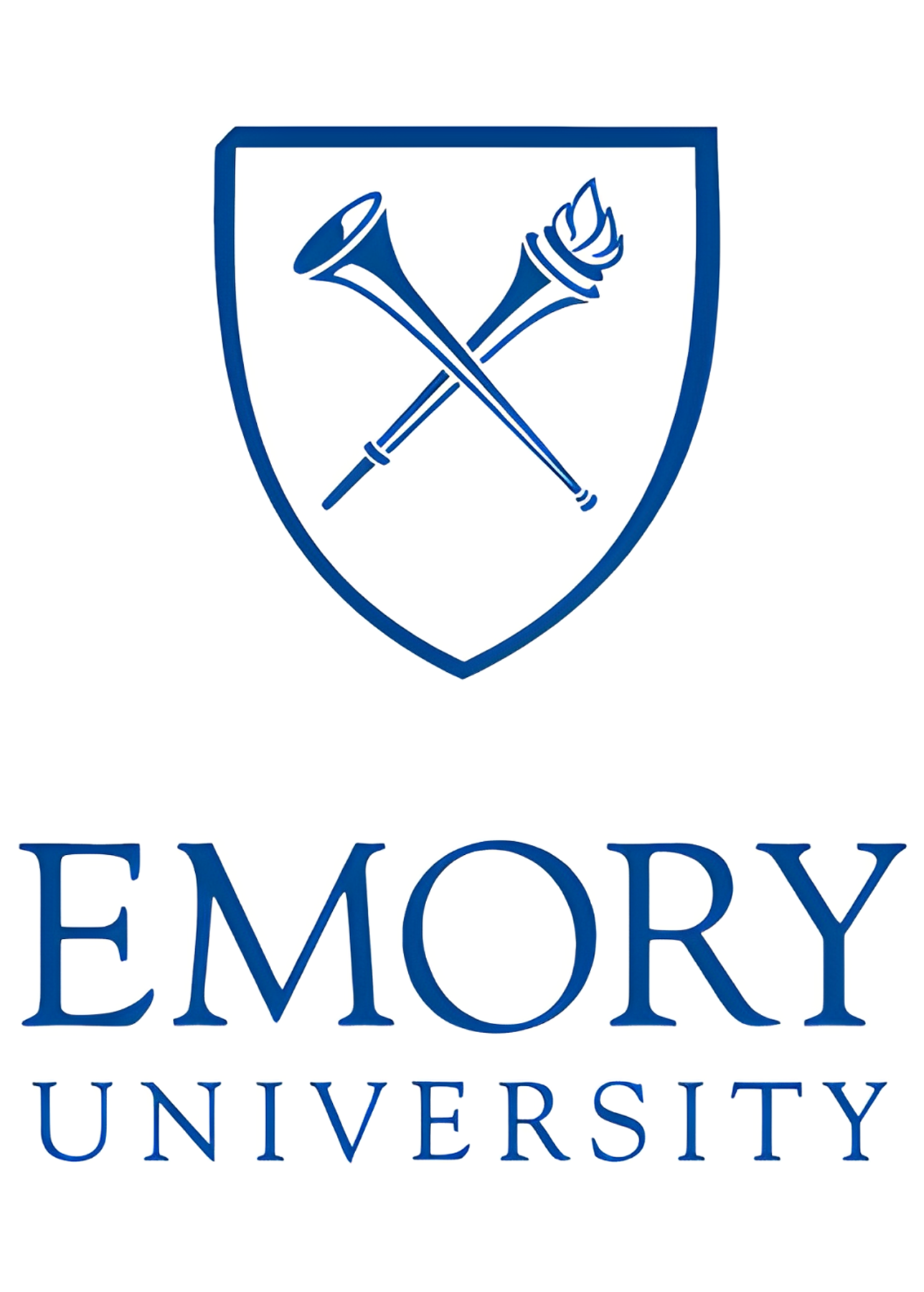
Emory University
Intelligent Score: 99.66In-state: $53,070
Out-of-state: $53,070
In-state: $43,800
Out-of-state: $43,800
SAT: 1380-1530
ACT: 31-34
$2,082
On-Campus
Commission on Collegiate Nursing Education
60

University of Pennsylvania, School of Nursing
Intelligent Score: 99.15In-state: $53,166
Out-of-state: $53,166
In-state: $37,678
Out-of-state: $37,678
SAT: 1460-1570
ACT: 33-35
$827 - $1,407
On-Campus
Commission on Collegiate Nursing Education
40-68

Johns Hopkins University
Intelligent Score: 97.05In-state: $54,160
Out-of-state: $54,160
In-state: $57,010
Out-of-state: $57,010
SAT: 1470-1560
ACT: 34-36
$1,881
On-Campus
Commission on Collegiate Nursing Education
72
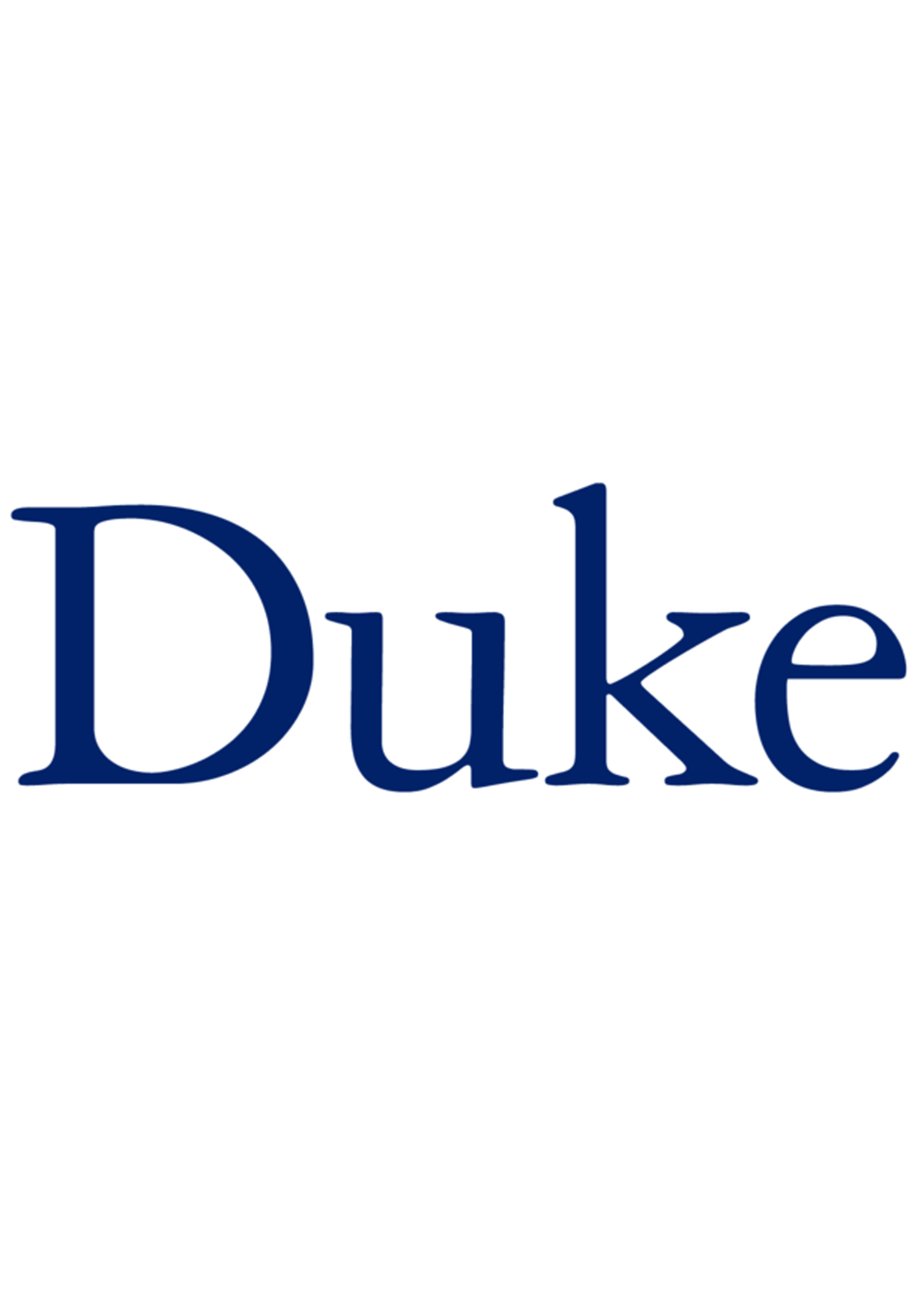
Duke University
Intelligent Score: 96.46In-state: $55,880
Out-of-state: $55,880
In-state: $57,900
Out-of-state: $57,900
SAT: 1470-1570
ACT: 34-35
$2,166
On-Campus
American Nurses Credentialing Center
42-49

Vanderbilt University
Intelligent Score: 95.56In-state: $52,781
Out-of-state: $52,781
In-state: $50,082
Out-of-state: $50,082
SAT: 1470-1570
ACT: 33-35
$1,939
On-Campus
Commission on Collegiate Nursing Education
30

The Ohio State University, College of Nursing
Intelligent Score: 94.96In-state: $10,615
Out-of-state: $32,599
In-state: $11,560
Out-of-state: $11,560
SAT: 1210-1430
ACT: 26-32
Resident: $663 - $913
Non-Resident: $1,574 - $2,168
On-Campus
Commission on Collegiate Nursing Education
53-73

University of Michigan
Intelligent Score: 94.06In-state: $16,520
Out-of-state: $53,669
In-state: $24,344
Out-of-state: $24,344
SAT: 1340-1520
ACT: 31-34
Resident: $1,711
Non-Resident: $3,291
On-Campus
Commission on Collegiate Nursing Education
49-55

The University of North Carolina at Chapel Hill
Intelligent Score: 93.56In-state: $7,019
Out-of-state: $34,198
In-state: $10,552
Out-of-state: $10,552
SAT: 1280-1490
ACT: 28-33
Resident: $1,019
Non-Resident: $2,035
On-Campus, Hyrid, Online
Commission on Collegiate Nursing Education
33-46

University of Alabama at Birmingham
Intelligent Score: 92.58In-state: $10,780
Out-of-state: $30,250
In-state: $10,780
Out-of-state: $10,780
SAT: 1070-1330
ACT: 23-31
Resident: $595
Non-Resident: $1,461
On-Campus
Commission on Collegiate Nursing Education
40-56

NYU Rory Meyers College of Nursing
Intelligent Score: 90.52In-state: $52,204
Out-of-state: $52,204
In-state: $34,704
Out-of-state: $34,704
SAT: 1370-1540
ACT: 31-34
$2,308
On-Campus
Commission on Collegiate Nursing Education
33-51
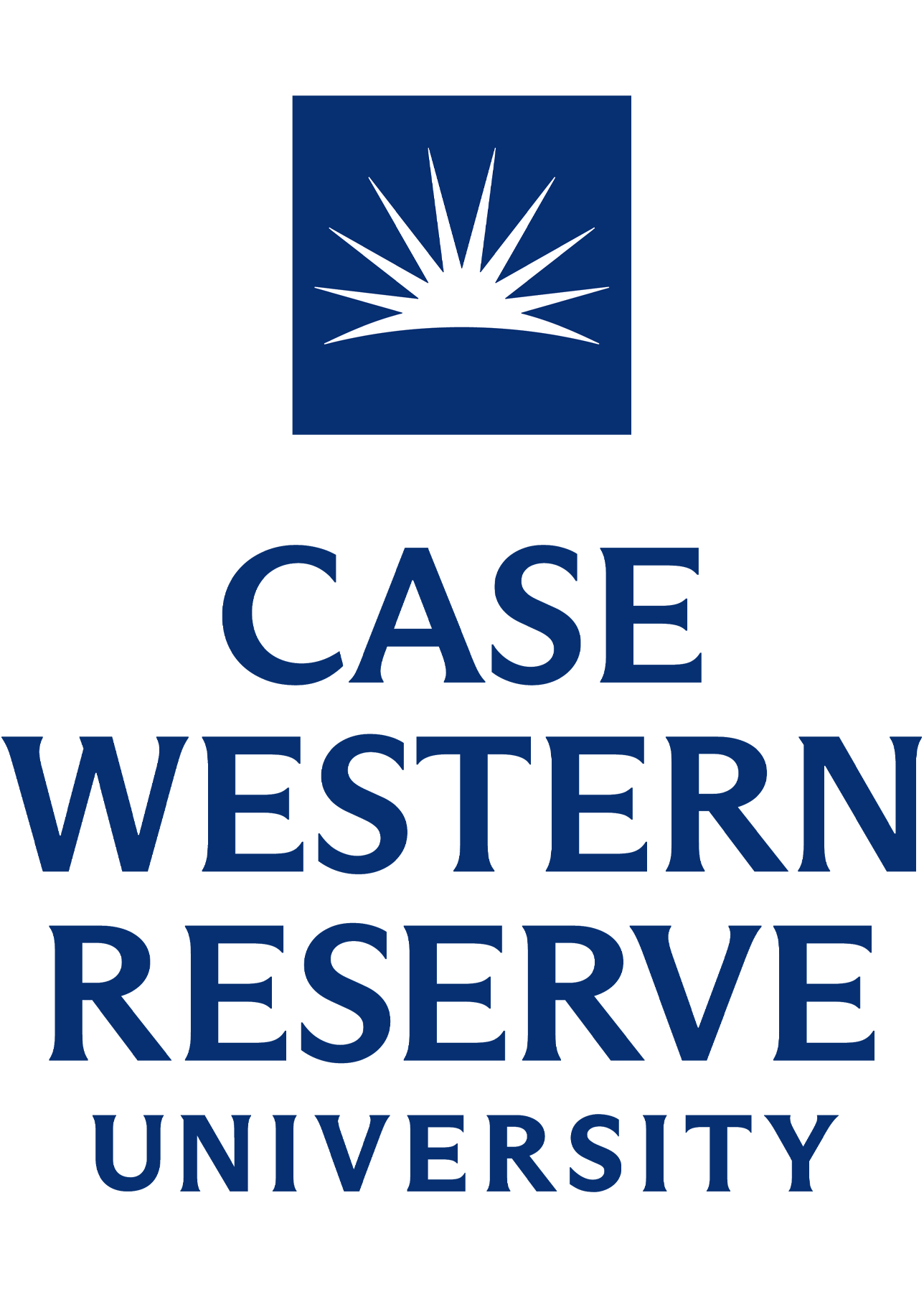
Case Western Reserve University
Intelligent Score: 89.81In-state: $52,448
Out-of-state: $52,448
In-state: $47,920
Out-of-state: $47,920
SAT: 1340-1520
ACT: 31-34
$2,308
On-Campus
Commission on Collegiate Nursing Education
40
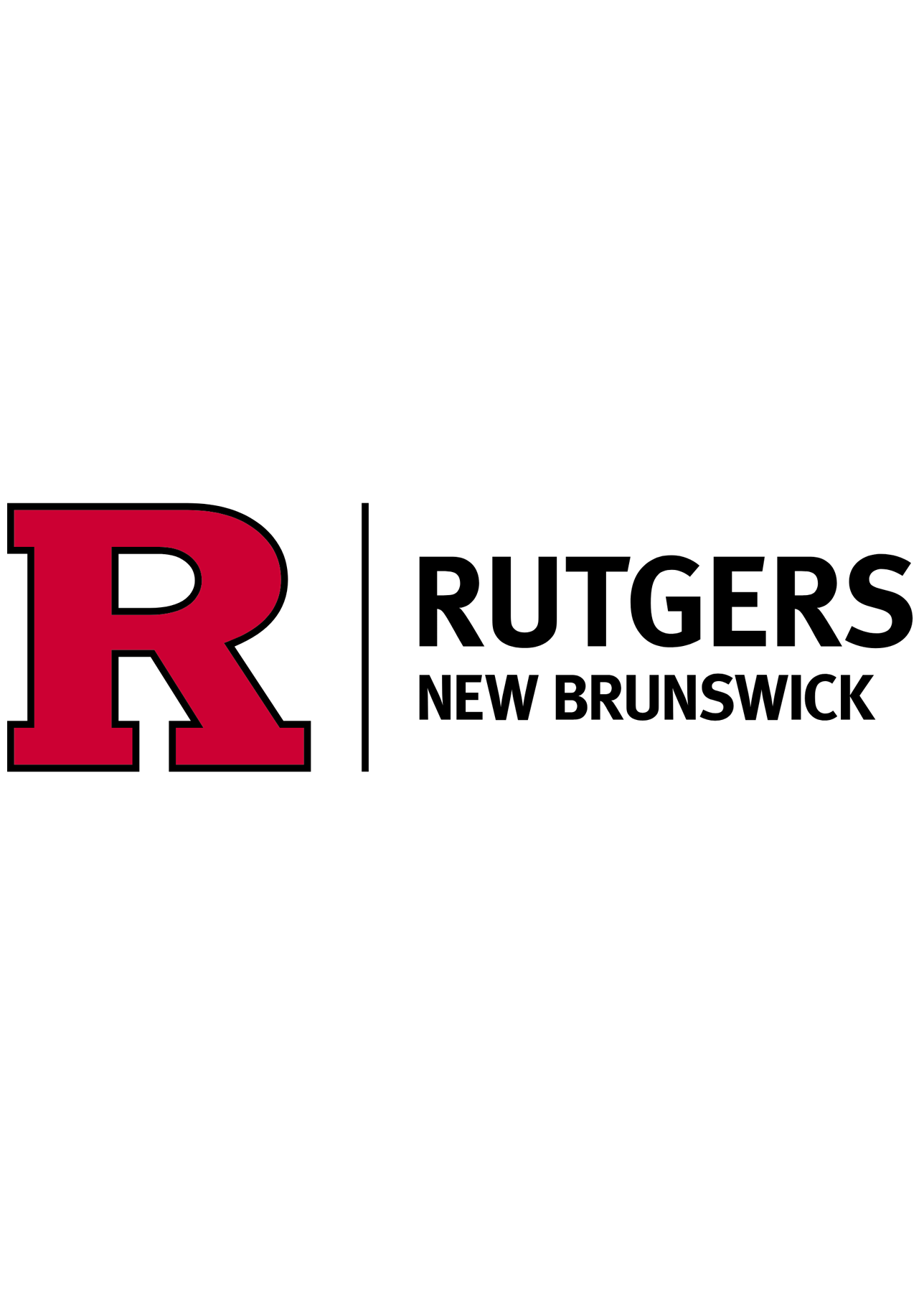
Rutgers University-Newark
Intelligent Score: 89.69In-state: $12,230
Out-of-state: $29,012
In-state: $17,736
Out-of-state: $17,736
SAT: 1180-1410
ACT: 25-32
Resident: $1,040
Non-Resident: $1,523
On-Campus
Commission on Collegiate Nursing Education
37-50

University of Virginia
Intelligent Score: 87.71In-state: $15,772
Out-of-state: $49,819
In-state: $17,076
Out-of-state: $17,076
SAT: 1320-1510
ACT: 30-34
Resident: $862
Non-Resident: $1,407
On-Campus
Commission on Collegiate Nursing Education
42-46

University of Illinois Chicago
Intelligent Score: 87.23In-state: $14,317
Out-of-state: $33,824
In-state: $15,016
Out-of-state: $15,016
SAT: 1200-1460
ACT: 27-33
$1,116
On-Campus, Hybrid
Commission on Collegiate Nursing Education
34

The George Washington University
Intelligent Score: 85.75In-state: $55,961
Out-of-state: $55,961
In-state: $31,770
Out-of-state: $31,770
SAT: 1270-1450
ACT: 30-33
$1,450
On-Campus
Commission on Collegiate Nursing Education
36-50

The University of Texas at Austin
Intelligent Score: 84.47In-state: $11,448
Out-of-state: $40,032
In-state: $12,028
Out-of-state: $12,028
SAT: 1210-1470
ACT: 26-33
Resident: $1,418
Non-Resident: $2,035
On-Campus
Commission on Collegiate Nursing Education
48-49
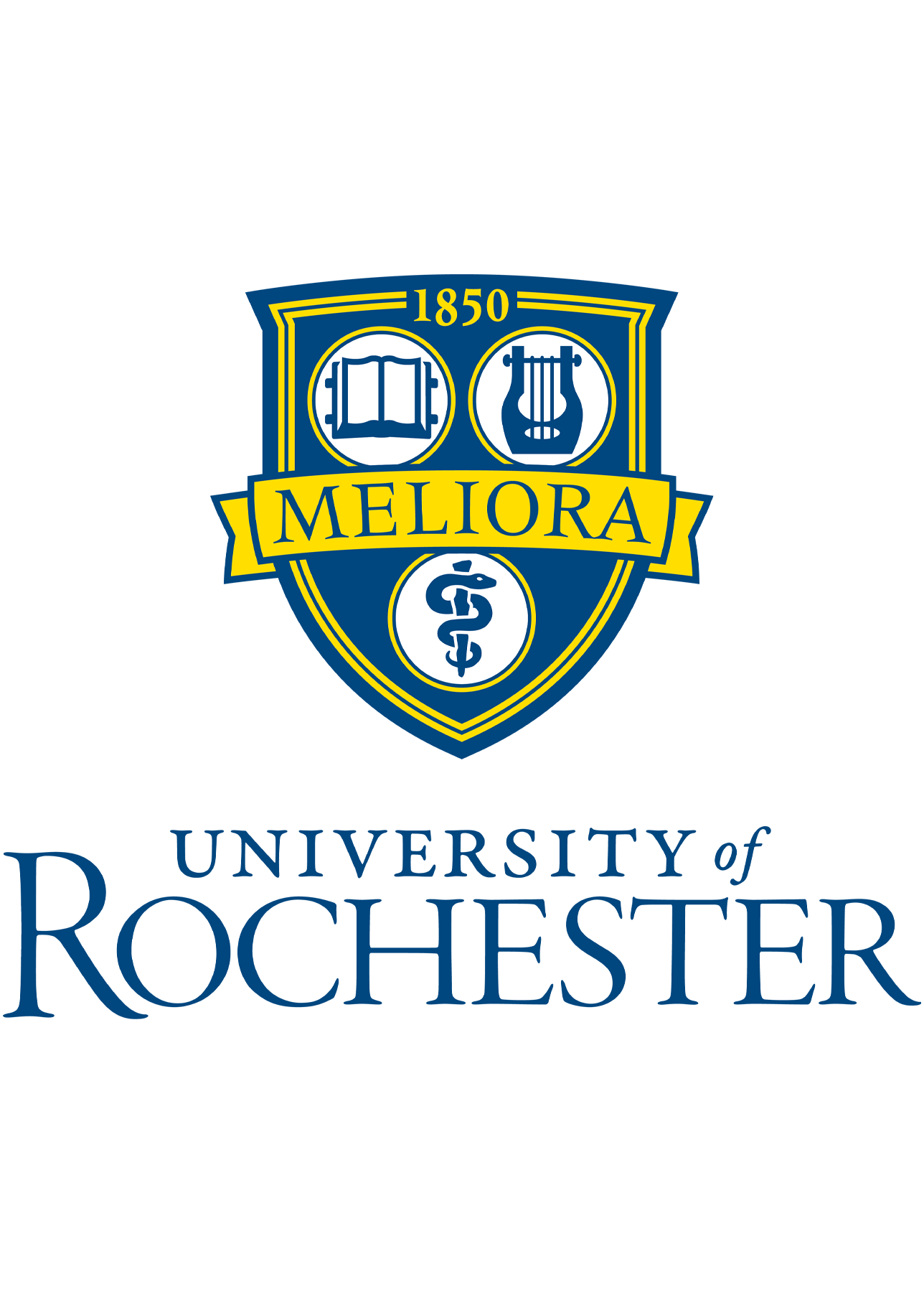
University of Rochester
Intelligent Score: 81.74In-state: $57,188
Out-of-state: $57,188
In-state: $49,792
Out-of-state: $49,792
SAT: 1330-1510
ACT: 30-34
$1,740
On-Campus
Commission on Collegiate Nursing Education
45-58
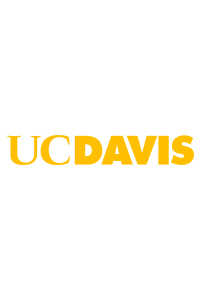
University of California, Davis
Intelligent Score: 80.88In-state: $38,556
Out-of-state: $68,628
In-state: $45,544
Out-of-state: $45,544
SAT: 1150-1410
ACT: 24 - 31
$2,044
On-Campus
Commission on Collegiate Nursing Education
58
How to Choose a Master of Science in Nursing Program
Choose your area of study
Nursing students have many specialties and career trajectories. Your area of study will influence your choice since degree offerings vary by school.
Most programs offer an MSN degree with varying nurse practitioner options, including:
- Adult gerontology acute care nurse practitioner
- Adult gerontology primary care nurse practitioner
- Family nurse practitioner (FNP)
- Pediatric nurse practitioner (PNP) primary care
- Psychiatric mental health nurse practitioner (PMHNP)
Some programs have specialties for advanced leadership or educator roles, such as:
- Nurse educator (MSN-NE)
- Nurse informatics
- Public health nursing
- Nurse leadership
Research schools and programs
Begin the application process by researching accredited institutions and programs. Accreditation can impact your financing, transfer credits, and the perceived validity of your education. Nursing programs receive accreditation from the Commission on Collegiate Nursing Education (CCNE). Accrediting bodies review institutions and programs to verify the quality of education.
Your research should include a tour of the campus and facilities. It’s a great way to understand the culture and how the school supports its students. Visit the school’s website and contact the program administrator for an appointment to discuss details like funding options and practicum assistance.
Prepare for tests and applications
To apply for an MSN degree program, you’ll need a BSN from a regionally accredited school, a hospital diploma or Associate of Science in nursing degree, and two years of full-time experience working as a registered nurse within the past five years. Some programs only accept RN licensure from approved states.
Other requirements of an application include:
- Transcripts
- Letters of recommendation
- Personal essays
Short-listed applicants may need to complete a post-application interview. The application process varies by school — contact the admissions counselor for the most accurate information.
Select your program
Before making your final selection, review your goals and needs. Add any new information that may have come up during the process, including employment or housing, full-time or part-time enrollment, and lifestyle changes that might impact your program choices.
Many MSN programs offer online study options. Consider whether synchronous or asynchronous online classes are a good fit.
Carefully review partnership practicum options. Some schools partner with clinics or hospitals and pair students with practicum programs.
Determine how you’ll pay for your degree
Complete the Free Application for Federal Student Aid (FAFSA) to see how much state, federal, and school financial aid you can receive. If you’re employed, ask your employer about a tuition reimbursement program. These programs are often performance-based and may involve a guaranteed employment term after graduation.
You can also explore potential grants and scholarships available through non-profit and community organizations. Review their values and principles to ensure they align with your goals.
What Can You Expect From a Master of Science in Nursing Program?
Students in an MSN program can expect to learn how to perform diagnostic and therapeutic interventions and plan and evaluate care for critically ill patients. Students with a specialty in nursing education will advance their teaching skills. For example, nurse informatics students will focus on technological applications that support and shape healthcare and health information. Psychiatric mental health nurse practitioner students will continue to advance their healthcare knowledge, focusing on neuroscience, psychotherapy, and psychopharmacology.
In addition to their coursework, students should plan for a minimum of 500 hours of practicum work, direct care hours, clinical hours, teaching experience, or practice in a leadership role in a healthcare facility, depending on their area of study.
Potential courses you’ll take in an MSN degree program
- Transforming Nursing and Healthcare Through Technology. This course teaches nurse informatics as a competency and a specialty. Students learn how informatics improves healthcare outcomes in organizations, consumer health settings, and public health.
- Interprofessional Organizational and Systems Leadership. This course teaches theory-based leadership competencies to create organizational cultures that achieve quality patient outcomes. Students also examine evidence-based strategies for building collaborative interprofessional teams and healthy work environments.
- Policy and Advocacy for Improving Population Health. This course explores the policy process’s impact on healthcare cost, quality, delivery, and access. Students study healthcare issues on state and federal agendas and analyze the governmental response through regulation and legislation.
- Advanced Pharmacology. This course focuses on pharmacotherapeutics through the lens of clinical decision-making by practical nurses. Students examine laws surrounding prescriptive authority and decisions relating to safety, quality, outcomes, and costs.
- Quality and Safety in Population Health. Students examine theoretical frameworks for population health and improvement. The course explores the impact of community-based health and risk mitigation strategies and equitable health policies to support equity, diversity, and inclusion.
Master of Science in Nursing Degree Frequently Asked Questions
How do I apply to an MSN degree program?
Most institutions and programs use an online application system. Schools usually require your official transcripts to come directly from the issuing institution, but some may accept copies during the initial application process. Speak with an admissions counselor to ensure you have the correct materials before submitting your application.
Be prepared to submit up to three letters of recommendation and a personal essay. The essay should outline your academic and work achievements, what makes you a good candidate for their program or school, and how it supports your career goals.
How much does an MSN degree cost?
The average tuition cost for an MSN degree program is $20,513. Tuition costs vary between private, public, in-state, and out-of-state institutions. In addition to tuition, you can expect to pay for a clinical course fee, uniforms, specialty tools related to healthcare, texts, and course materials. You can also include housing, transportation, meals, and personal expenses.
How long does it take to earn an MSN degree?
There are two primary track options for master’s in nursing students: BSN to MSN and RN to MSN. The RN to MSN tracks are more intensive and require more credits for graduation.
The credit requirements vary significantly, ranging from 30 to 80, depending on the program and your previous education. Typically, it takes 18 months to three years to complete an MSN degree program with full-time enrollment. There are fast-track online options that can shorten the study time, but practicum and clinical hours will take one to two semesters to complete.
